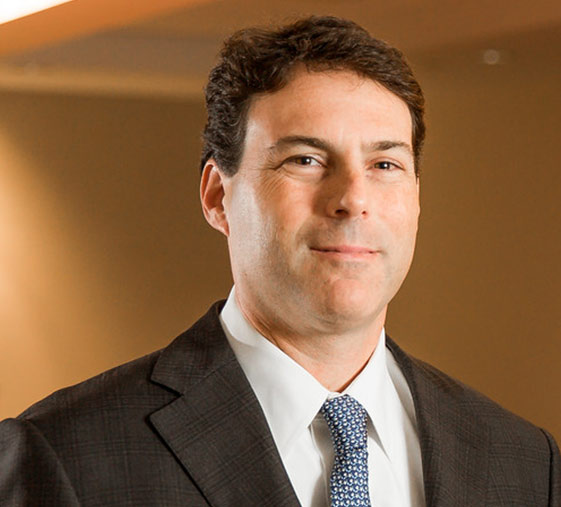
By: Mark J. Stempler
The case: INSIGHT SYSTEMS CORP., and CENTERSCOPE TECHNOLOGIES, INC. v. THE UNITED STATES
The court: The United States Court of Federal Claims
A computer glitch forced disqualified proposers to challenge a U.S. government agency. Here is an abridged version of what happened. The United States Agency for International Development (USAID) advertised a Request for Quotations (RFQ). Eventually during the process, proposers were allowed to submit their revised final quotes either in hard copy form, or electronically via email. If the proposer submitted the quote electronically, it was its proposer’s responsibility to send in the appropriate information, and to do so timely to the people designated to receive it.
The two Plaintiffs in this case submitted quotations in response, and did so electronically and in their opinion, before the deadline. The way the system was set up, emails from outside sources directed to the specified USAID email addresses pass from the outside mail server through a sequence of three (3) agency-controlled computer servers, before they are ultimately delivered to the recipients. To make a long story short, the emails were received by the first USAID server, but due to technical error, were not passed on to the ultimate recipients until after the submittal deadline. USAID notified the proposers that their proposals would not be considered because they were received after the deadline. Arguing that late is late, the USAID felt that it did not matter whether the perceived lateness was due to technological malfunctions with its own computer system.
-
Mr. Stempler focuses his practice in the areas of construction litigation, government bid protests, and civil litigation. He is Board Certified by the Florida Bar in Construction Law, and is certified as a LEED Green Associate by the United States Green Building Council. He represents clients in commercial and residential construction lawsuits, involving defects, delays, contractual disputes, mold claims, liens and lien disputes, bond claims, and insurance disputes. Clients include owners, developers, general contractors, subcontractors, design professionals, sureties, and manufacturers.
View all posts
https://beckerlawyers.com/professionals/mark-stempler/ mstempler@beckerlawyers.com Stempler Mark


